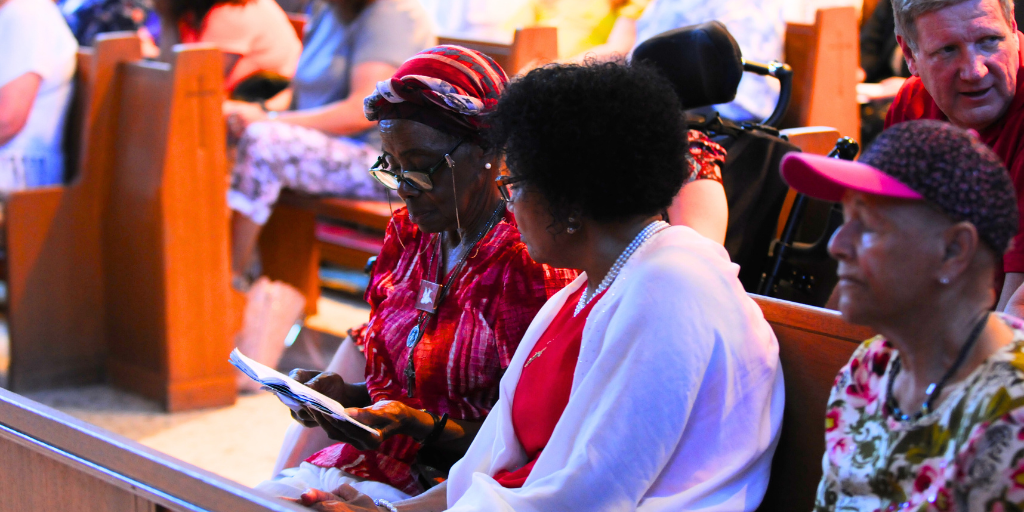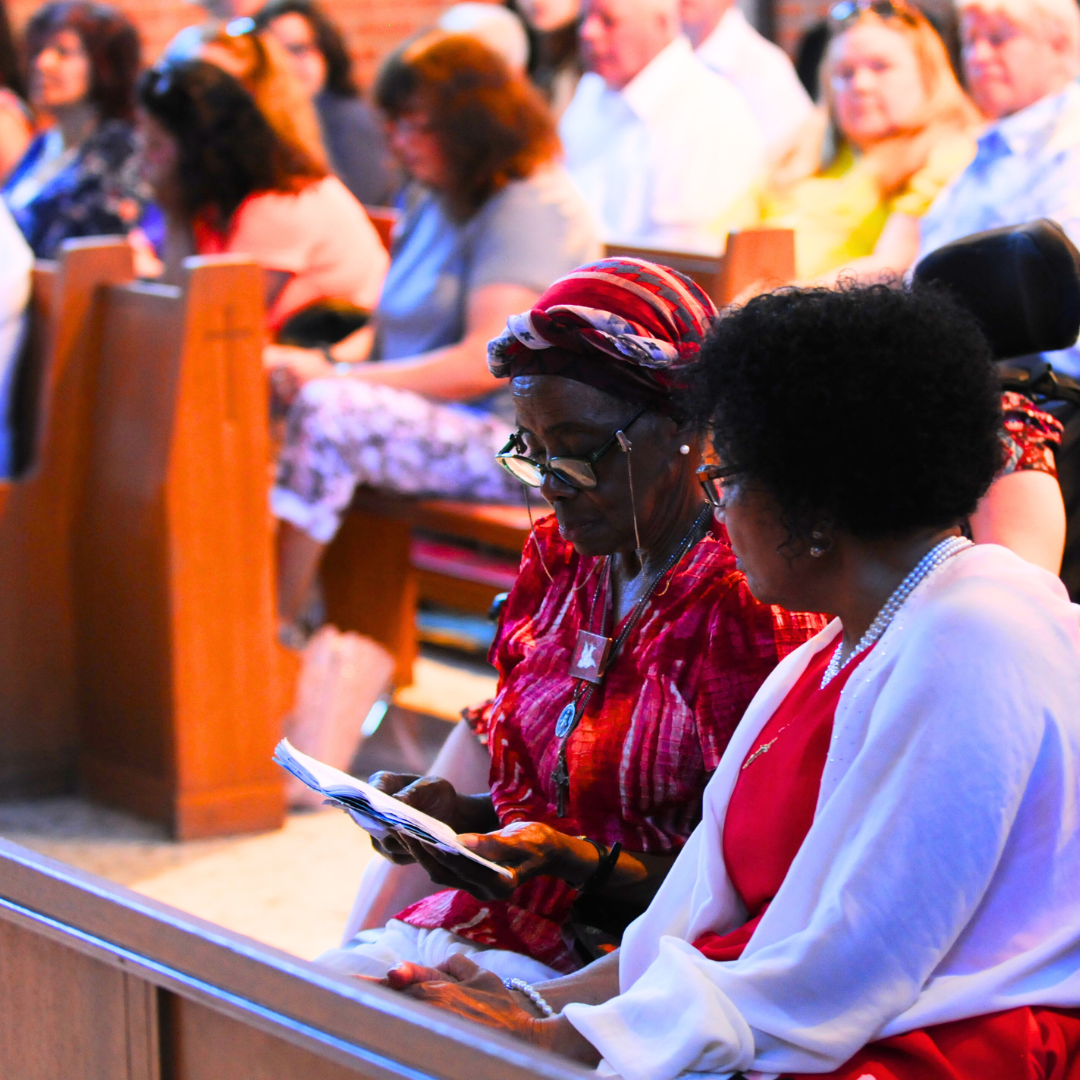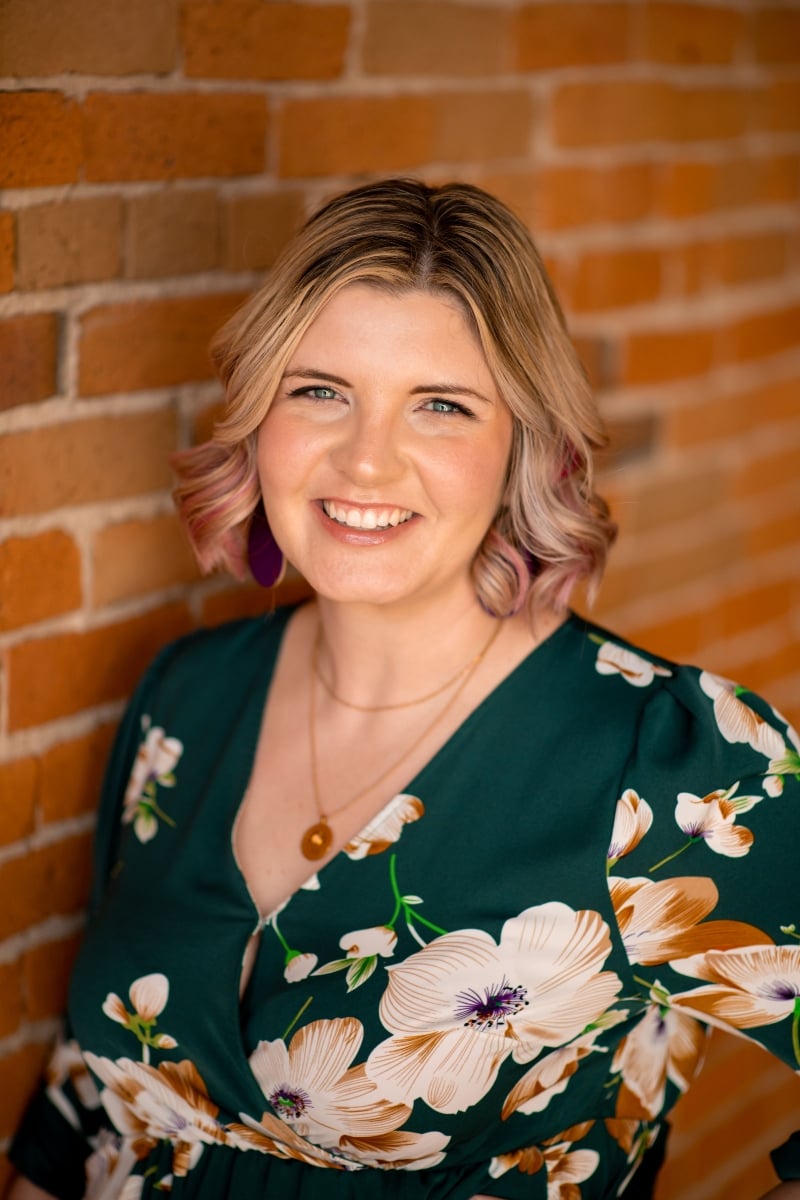
Karen Estep reflects on how coming home to the Catholic Church was like learning an almost-new language.
I teach English Language Development. I get to teach any student whose home language is not English how to speak English. I really love this area of teaching. I get to meet students from all over the world, from all different backgrounds, and they teach me just as much as I teach them.
English is an incredibly hard language to learn due to homophones, idioms, accents, and vowels making pretty much any sound you can imagine. If you were to walk past my classroom and hear a student ask me, “Why?” about an English grammar rule, you would hear my typical response: “English is stupid.”
The very first way any person learns a language is by listening to someone speaking that language. Think about when you have a baby: it is suggested that you talk to your baby all of the time. When my oldest was a baby and my husband and I used to take her on walks, we would point out the colors of the cars, houses, trees, and flowers. We felt really dumb doing this, but we knew that she was listening. She needed us to talk to her so that she could learn English.

The amazing thing is that this is true for any language you learn. A person will always learn a language by just listening and observing first. It is kind of neat how our brains are wired to do that. It takes 1 to 3 years to learn the social components of a new language and 5 to 7 years to learn the academic components of a new language. The more you know in one language, though, the easier it is to learn a second, third or more languages.
Coming into the Catholic Church has been a bit like learning a new language for me. It is actually like learning a different form of the same language. For example, American English and British English are similar. If/when you visit England, though, there are terms, idioms, and phrases used that you may not know or understand. Also, listening to English spoken with an unfamiliar accent presents other challenges as well. In a similar way, I was raised in a Christian household, went to church on Sundays, and loved my youth group, but Catholicism is a different form of that Christian language in so many good and challenging ways.
Like many of my students who want to learn English right away so that they can converse with their English-only friends without much embarrassment, I also wanted to learn everything about Catholicism right away. I did not want people to know that for the majority of the first few months of being in RCIA, I could not even tell you when the right time to get the kneelers out was. I wanted everyone watching me to think I was already a seasoned Catholic. What I was forgetting was that I needed to just be still and listen.
Once I let myself just listen and watch the liturgy on Sundays, I calmed down with my need to be immediately all done learning about Catholicism. After listening to many podcasts from cradle Catholics and talking with my cradle Catholic friends, I have come to realize that I will be learning new things about Catholicism probably every day for the rest of my life.
After about a year and a half of being Catholic, I can have social and sometimes deep conversations with my friends about our faith. I still have a long way to go to get to the academic level of being fluent in Catholic. It is a challenge I love, though. I will keep learning, I will keep studying, and most of all, I will keep listening.

Copyright 2023 Karen Estep
Images: (top, bottom) copyright 2019 Holy Cross Family Ministries; (center) Canva
About the Author

Karen Estep
Karen Estep is the host of the podcast Stand, Kneel, Now What? In coming home to the Catholic faith as an adult she hopes to share her love of the Church on a daily basis. Karen has been shown many graces through the Sacraments even through all of her blunders. She hopes to help other adults navigate their faith journey as well.


.png?width=1806&height=731&name=CatholicMom_hcfm_logo1_pos_871c_2728c%20(002).png)
Comments